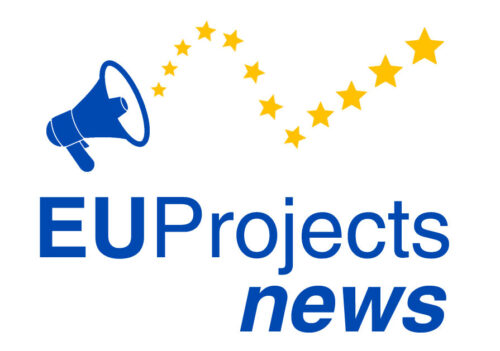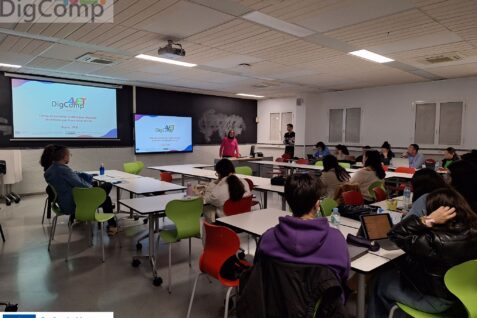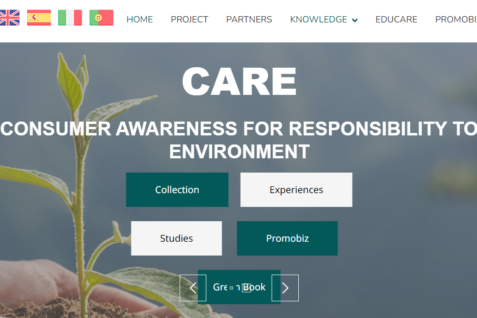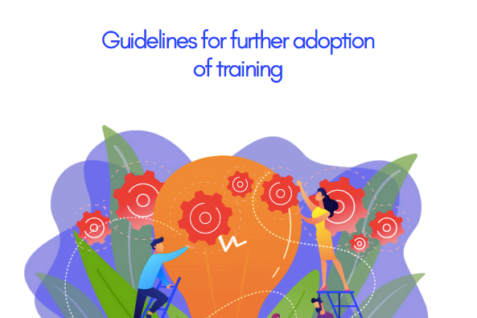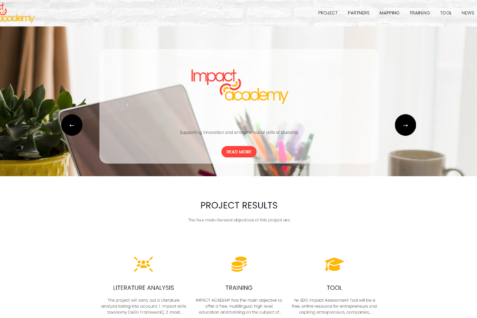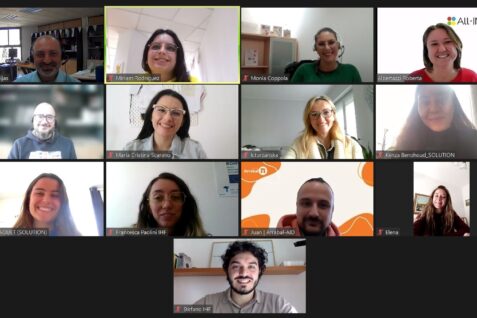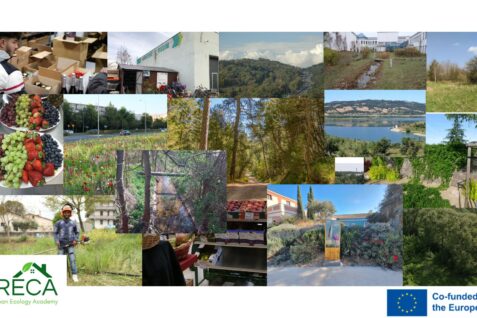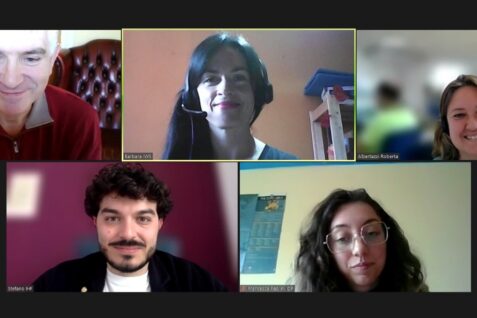Once the implementation of the Erasmus+ CARE project (Consumer Awareness for Responsibility towards the Environment), has been completed, the dissemination data of this initiative during its implementation period, during which it has reached an audience of close to five million people, has been known.
CARE is a project created in the frame of the Key Actions program of the European Union, coordinated by the University of Malaga. It aims to promote responsible consumption among citizens and has developed various products in the four languages of the project: Spanish, English, Portuguese and Italian. The most relevant results are CARE Knowledge, a virtual community of knowledge on responsible consumption that has produced the synthesis document Green Paper on Responsible Consumption in Europe. The Green Paper summarises all the research, analysis and information gathering work on this phenomenon carried out by the project consortium and produced conclusions to promote a more sustainable consumption model.
Likewise, another of the main results of CARE is the Edu-CARE training package for education in responsible consumption, made up of 40 microtraining courses that deal with the conceptual, economic, social and environmental aspects of consumption in the areas of food, mobility, clothing and use of resources, offering both training and advice to develop a more conscious and attentive consumption, that cares for the future of our planet.
In online communication, through national and international media, press, radio and TV, social networks, etc., a reach of 4,730,610 people has been achieved, while with other types of face-to-face or conventional actions, such as meetings, dissemination events, workshops and courses, the project has been made known to 116,528 people.
The main dissemination tool of the project has been the open educational resources platform REA-CARE https://careforplanet.eu/, through which the results of the project are offered and interaction has been carried out with citizens, who have collaborated by offering business ideas, experiences, examples of good practices and responding to the project’s quality surveys and questionnaires. The most important interaction is the one that has taken place in the Edu-CARE training courses, which have been carried out by more than 3300 people and will continue to be open for 4 more years for the benefit of citizens.
The project’s social networks, such as Facebook (https://www.facebook.com/CAREforplanetUE), LinkedIn (https://www.linkedin.com/groups/9389101/), and YouTube, which hosts the results in video format, have also been very important, as they have reached more than 53,000 users with its publications. In addition, and this is very relevant, 25 entities from various countries have associated as collaborators to CARE, also contributing to amplify the dissemination of the project.
The partners that have developed CARE, led by the University of Malaga, are Internet Web Solutions (Spain), University of Aveiro (Portugal), IHF (Belgium), IDP (Italy), RSC Talent (Spain) and CPIA Lecce (Italy), and have committed to keep the project active for four more years, until February 2028, so that all people interested in learning more about the subject and improving their consumption habits can access this free and open platform in a timely manner, at any time and through any device.
For more information about Project CARE:
https://wwww.internetwebsolutions.es
https://www.facebook.com/people/Care/100086223363094
https://www.linkedin.com/groups/9389101

